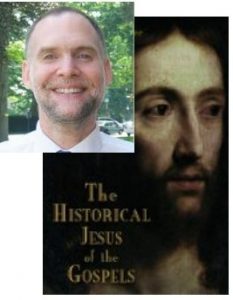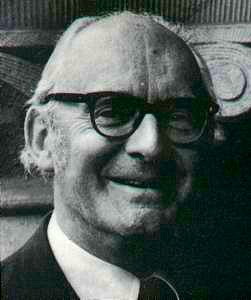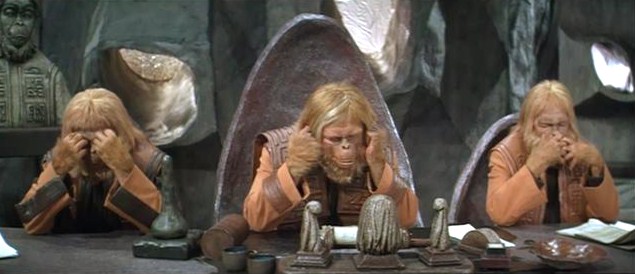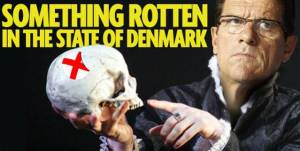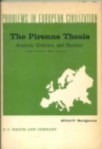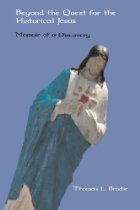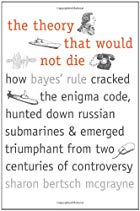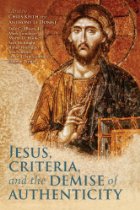.
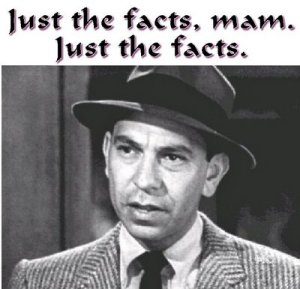 Forget mythicism or the Christ myth debate. That’s irrelevant. Or should be. What matters is the evidence we have, understanding it and explaining it. The evidence we have from the early days of Christianity is a literary and a theological Jesus. No-one I know of in my circle gloats or thinks they are scoring points over whether they can prove or disprove the existence of the historical Jesus. What interests them is understanding the best way to explain both the nature of early Christianity and Christianity’s origins. What matters is making the best sense of the data available. But first we need to have a clear and valid understanding of what constitutes the data to be explained.
Forget mythicism or the Christ myth debate. That’s irrelevant. Or should be. What matters is the evidence we have, understanding it and explaining it. The evidence we have from the early days of Christianity is a literary and a theological Jesus. No-one I know of in my circle gloats or thinks they are scoring points over whether they can prove or disprove the existence of the historical Jesus. What interests them is understanding the best way to explain both the nature of early Christianity and Christianity’s origins. What matters is making the best sense of the data available. But first we need to have a clear and valid understanding of what constitutes the data to be explained.
In my previous post I noted what should be a simple truism: scholars of Christian origins generally are doing little more than paraphrasing (in scholarly language and with their own qualifying preferences) the Christian myth we have inherited from the Bible.
I have no doubt the bulk of them are very sincere and would sincerely censure me for suggesting that their scholarly pursuits are trapped in the myth itself. This blog has frequently posted observations of the ineptitude of some biblical scholars who seem to fall very short with respect to rigour and understanding of questions of historical methods, awareness of what their peers and foundational predecessors have written, and even the very nature of scholarly bias and the meaning of evidence.
The second of the quotes above struck me at first as a caricature. Surely a professor would know something about the nature of bias in any scholarly pursuit and especially in one as ideological as biblical studies.
Apparently not. I attempted to post a comment addressing the naivety of this view but my comment was rejected. The same professor even remarked that my suggestion of bias in the scholarly field amounted to the charge of a “conspiratorial agenda”. Does a professor really believe that the alternative to freedom from bias is deliberate conspiracies? Or is this a defensive response against lay critics who can see the emperors are scantily clad?
So I post here the message that the professor did not appear to want others to read on his blog:
I do not believe biblical studies is unlike any other academic discipline and institution when it comes to questions of institutional (let alone personal) bias. Bias is a necessary part of the human condition and without it we cannot function. Surely everyone knows that the trick is to be aware of our biases and that that is not always a simple matter.
We don’t need to go beyond Albert Schweitzer’s observation that up till his own day scholars had produced an array of historical Jesus figures, each one in the image of his scholarly creator.
The latest historical Jesus figure I’ve encountered was only a few months ago and he, too, is very much the spitting image of his maker, Rabbi Joseph Hoffmann (i.e., all his scholarly peers are failures, only he can rescue them, but they don’t listen to him, he is without a place, and he sure as blazes doesn’t love everybody). I think we can conclude little has changed since Schweitzer’s day in this respect.

